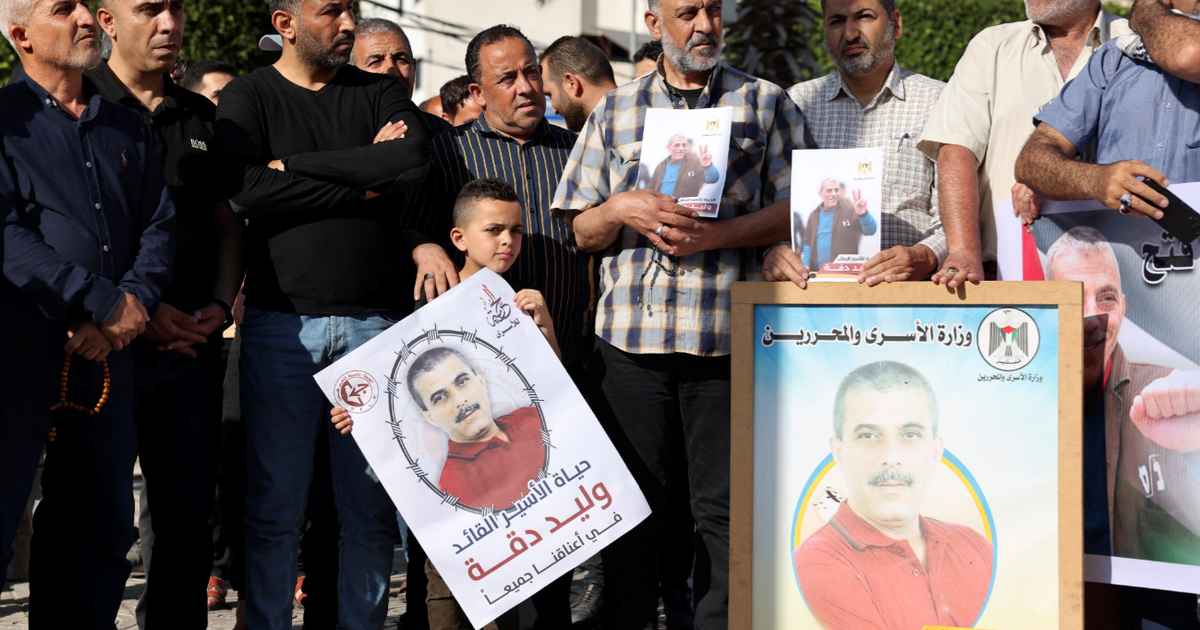On October 14, 2020, a Cairo court ordered the release, with precautionary measures, of Egyptian human rights lawyer Islam Salama, who had been in pre-trial detention since June.
When the procedures to free him had been completed and he was about to hit the street, Salama disappeared in police custody, according to one of the lawyers who is following his case.
On November 30, the Egyptian reappeared and was accused in a new judicial process of the same charges as in the previous one, for which he was again arrested on a preventive basis until, on January 16, another court ordered his release under bail.
But when the formalities to free him had been completed and he was about to go out, Salama — once again — disappeared.
His whereabouts are still unknown today.
Kholoud Said, an Egyptian researcher and translator, has also been in preventive detention since April 2020 when, in mid-December, a court ordered her release under precautionary measures, according to the same lawyer as in the case of Salama on condition of anonymity.
After a few days, however, Said's surroundings lost track of her when she was in an Alexandria police station, and they did not hear from her again until, on January 11, she reappeared before the Prosecutor's Office.
Said had just been charged in a new judicial process, with the same charges as in the first.
He is currently in preventive detention.
In recent months, Egyptian human rights groups have warned that legal tricks such as those used against Salama and Said have become an increasingly frequent practice to keep people detained for political cases in jail for prolonged periods.
The phenomenon, known as “rotation”, consists of including a person who is in preventive detention in a different judicial case from the one for which he was arrested in the first instance, although often with very similar charges.
Thus, the clock of this detention regime, which sets a maximum period of two years for the most serious, is reset.
For Salama and Said, for example, the months they have already spent in prison will not count.
Some of the first cases of turnover in Egypt were documented in 2015 and 2016, but it was after protests against President Abdelfatá Al Sisi in September 2019 that the practice began to skyrocket, according to a report by the Egyptian Commission for the Rights and Freedoms (ECRF) published in June 2020. The organization's director, Mohamed Lotfy, estimates that, by now, “thousands of political prisoners” may have been rotated.
The most common form this legal maneuver takes is to re-arrest an accused in a preventive manner after a court has ordered his release, according to the previous ECRF report.
In some cases, the authorities re-arrest an individual who has already spent the entire time allowed in prison, while serving precautionary measures or after having forcibly disappeared.
EL PAÍS has tried to contact the Ministry of Justice and the Prosecutor's Office through official channels, but has received no response.
"It is clear that this tool is designed to be punitive and not to achieve justice," says Yasmin Omar, a legal expert at the Washington-based Tahrir Institute for Middle East Policy (TIMEP).
“[And] I cannot confirm that the emotional punishment is deliberate.
But I see it in the context of the authorities' practices to break the spirits of the detainees and exhaust families and lawyers.
Giving up hope and then taking it away is emotionally devastating.
And most of the time the release order is accompanied by a bond or fine that the families pay to complete the release process, which creates additional financial frustration, ”he says.
Lotfy explains that the first person in charge of the rotations is the National Security Agency, one of the three main bodies of the Egyptian security forces, which produces the “baseless” reports that accuse or re-accuse the detainees.
Then, the Supreme State Security Prosecutor's Office, considered by human rights groups one of the repressive arms of the regime's judicial power, "gives its automatic approval and assigns the detainee to a new case based on the reports."
Ultimately, criminal courts are tasked with systematically renewing pre-trial detention.
The human rights groups that denounce this phenomenon warn that its increasingly repeated use suggests a determined commitment by the Prosecutor's Office to retain critical voices under a detention regime that should be precautionary by nature.
The lawyer who fights for more women judges in Egypt
“The rotation creates a new reality in which a detainee who would normally have the certainty that he would be released after a maximum period of arrest, may instead be subjected to indefinite detention while they continue to be added to new cases. These practices normalize atrocious violations of procedural guarantees, in a clear violation of international and national legal norms ”, concludes Omar.

/cloudfront-eu-central-1.images.arcpublishing.com/prisa/3NXU2Q5LVFE2BLYNPCZY5OUST4.jpg)







